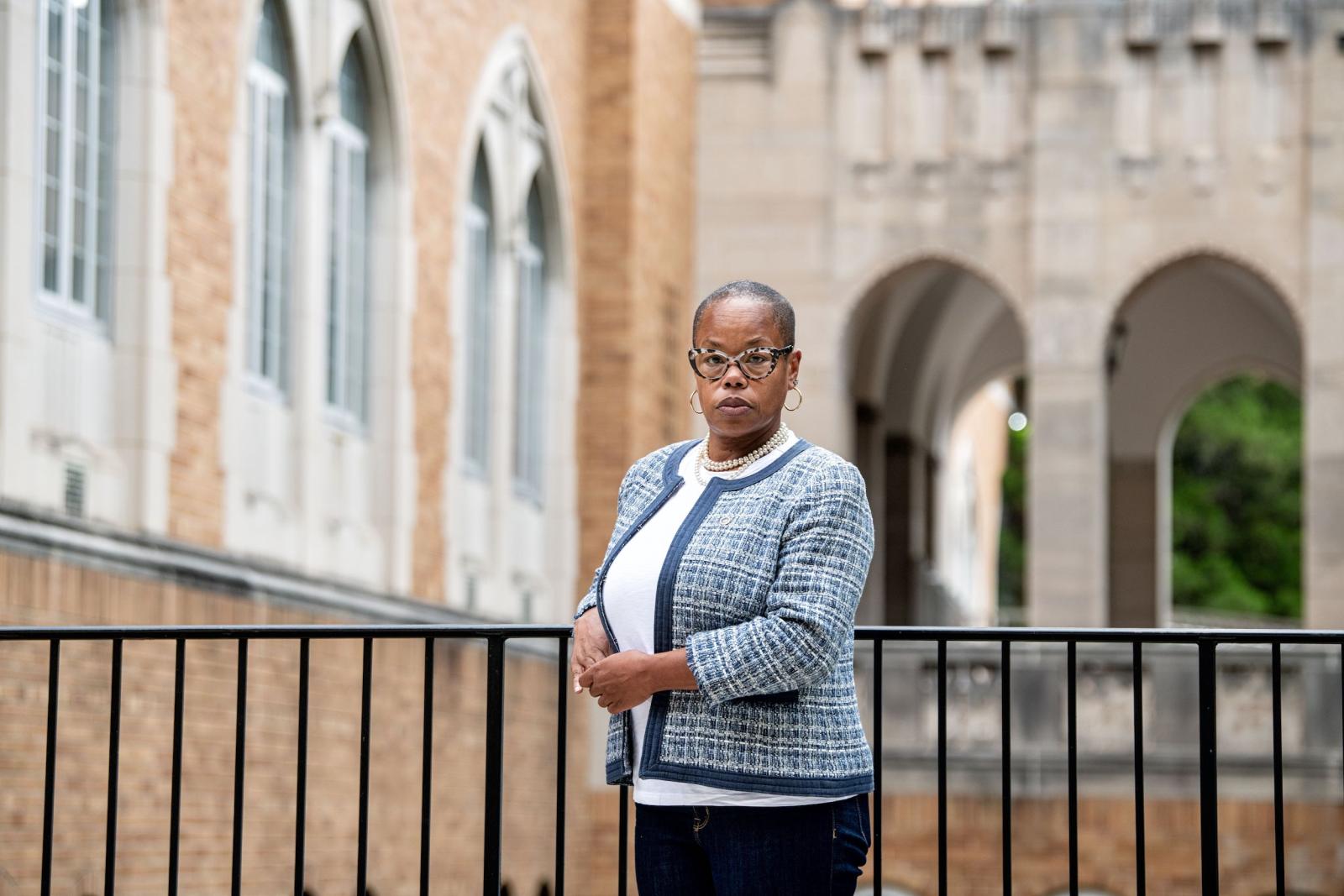On June 24, 2022, the Supreme Court announced its decision in Dobbs v. Jackson Women’s Health Organization. More than seven weeks earlier, however, Justice Samuel J. Alito’s opinion for the six-justice majority was leaked. In the days that followed, I pored over the draft, eager to see not only how far the majority would go but also how it would reach its doctrinal destination. By the time the final opinion was released, we knew which justices were part of the 6-3 majority that overturned both Roe v. Wade (1973) and Planned Parenthood of Southeastern Pennsylvania v. Casey (1992), laying waste to 50 years of precedent. The leak was surprising. The outcome was not.
In the months since the Dobbs decision was announced, I have spent hours thinking about what the decision means for both the School of Law and Howard University. Howard administrators will have to consider what Dobbs means at a university where 71% of the student body is made up of people who were assigned female at birth. But what about the faculty? Should Dobbs matter to the University’s academic program beyond the School of Law and Women and Gender Studies? The short answer is “yes.” If we are guided by our institutional mission, then the outcome of Dobbs, as well as what’s needed in its aftermath have very specific implications for those of us who belong to Howard’s “cadre of faculty who are, through [our] teaching, research and service, committed to the development of…historically aware, and compassionate graduates and to the discovery of solutions to human problems in the United States and throughout the world.”
Should Dobbs matter to the University’s academic program beyond the School of Law and Women and Gender Studies? The short answer is “yes.”
There is work to be done across the University to staunch the flow of harms emanating from Dobbs which will be particularly acute for our students. Dobbs should matter to colleagues in the Colleges of Medicine and Nursing and Allied Health Sciences because federal and state efforts to substitute political judgments for decisions that should be made by healthcare providers and their patients are unethical and dangerous. Dobbs makes healthcare professionals operate in a legal environment that requires them to ignore data about high rates of maternal mortality and morbidity among the people of African descent we are institutionally bound to serve.
Dobbs should matter to colleagues in the College of Pharmacy who might prioritize guaranteed access to safe and affordable self-managed abortion medication.
Dobbs should matter to colleagues in the School of Business because they train students who not only will run corporations in states where abortion is now illegal, but also can choose to include travel assistance and leave for employees forced to travel to states where comprehensive reproductive healthcare remains accessible.
Dobbs should matter to colleagues in the School of Social Work because their students will have to deal with how criminalizing pregnancy and reproductive healthcare puts fragile families further at risk of state surveillance, intervention, and destruction.
Dobbs should matter to colleagues in the School of Divinity as their students grapple with the ways in which reproductive justice means the bodily integrity and autonomy of all within the beloved community are protected.
Reproductive justice including, but not limited to the rights Dobbs rejected, must be an essential part of our work both inside and outside the classroom. Dobbs presents us with an opportunity to determine how to live both parts of our motto, “Truth and Service,” in a post-Dobbs world.
Lisa A. Crooms-Robinson (BA ’84) is a professor at Howard University School of Law.
Article ID: 1056




